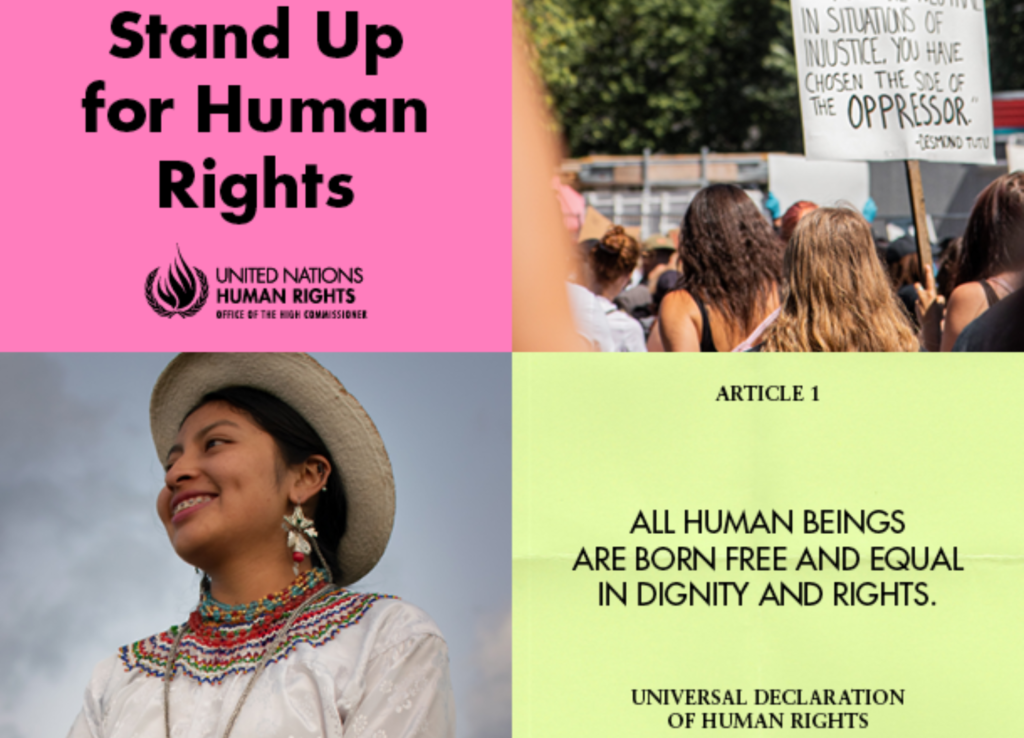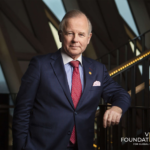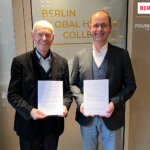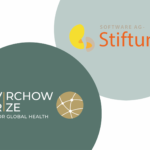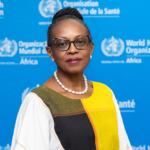Every year on December 10, the world honours the adoption of the Universal Declaration of Human Rights (UDHR) by the United Nations General Assembly in 1948. The Virchow Foundation for Global Health commemorates this Human Rights Day supporting “Dignity, Freedom, and Justice for All”. This year 2022, is of special importance because UN Human Rights launches the year-long campaign to promote and recognise the Declaration’s 75th anniversary on December 10, 2023 (1).
What is the UDHR?
The Universal Declaration of Human Rights enshrines the rights of all human beings. It was originally drafted by representatives with diverse legal and cultural backgrounds from all regions of the world. Since its adoption, it has been accepted by all Member States and is established as a contract between governments and the people. The Declaration marks the first time that the international community agreed on a set of common values. Every single human being has inherent, indivisible and inalienable rights which are not granted or can be relinquished by a state.
UDHR and the Sustainable Development Goals
The United Nations 2030 Agenda is grounded in the UDHR, underscoring that the Sustainable Development Goals (SDGs) must be achieved and implemented in a manner that upholds human rights. According to Sarah Rattray, Policy Specialist for Human Rights of the United Nations Development Programme (UNDP), over 90% of the Sustainable Development Goals correspond to the human rights obligations. This interactive map from the Danish Institute for Human Rights sets every SDG in relation to the respective instrument/article, showcasing the Universal Declaration of Human Rights as the cornerstone.
The importance of SDG3 “Health and Well-Being for All” as an essential right, underpinning the attainment of other human rights, is highlighted by the World Health Organization (3). Dignity, freedom and justice for all cannot be achieved if the fundamental human right to health is violated. Ensuring the right to health means equitable, affordable, quality and safe healthcare to everyone, everywhere and in every situation of their life. Therefore, the SDGs and the UDHR are “two sides of the same coin” (2) and inevitably intertwined and dependent.
What must be done?
The global community must commit to promote and protect the basic rights of all. People must be empowered, awareness for human rights and their violations, as well as community and organisational engagements, must be increased. Progress worldwide must be evaluated from independent organisations. Research, education and advocacy are essential key pillars, capacities and structures on a governmental level must be in place and continuously monitored. A human rights perspective needs to be injected into all UN programmes (1), all global health policies, laws, educational programmes and public systems.
Recent human rights abuses unveil the urgency and progress that is still needed and the fight for human rights cannot wane.
“Whenever and wherever humanity’s values are abandoned, we all are at greater risk. The solutions to today’s greatest crises are rooted in human rights.” (1), so let’s together #StandUp4HumanRights!
Learn more about Human Rights: World Health Organization, United Nations Human Rights, UNESCO, The Danish Institute for Human Rights
References
(1) United Nations Human Rights – Office of the High Commissioner. (2022). Resources on Human Rights Day 2022. https://www.ohchr.org/en/get-involved/campaign/human-rights-day/resources
(2) Human rights and the SDGS – two sides of the same coin. Sarah Rattray. United Nations Development Programme Blog. July 5, 2019. https://www.undp.org/blog/human-rights-and-sdgs-two-sides-same-coin
(3) World Health Organization. Human Rights Day 2022. (2022). https://www.who.int/news-room/events/detail/2022/12/10/default-calendar/human-rights-day-2022

